Over the past few weeks, the economic landscape in the United Kingdom has demonstrated steady signs of optimism, even against a backdrop of global market challenges. Recent survey data indicate a boost in business confidence, paving the way for a gradual recovery as we approach 2025. While domestic indicators point to constructive movement—particularly in the retail sector—global market metrics remind us that caution remains essential.
Resilience and Revival in British Business
In February, British entrepreneurs reached a six-month high in confidence, reflecting a stronger-than-expected outlook amid general market headwinds. According to the latest survey results, despite some broader economic uncertainties, there is clear evidence that the business environment continues to thrive. Notably, the dynamic growth in retail sales has drawn considerable attention. Data from Lloyds Bank captured in March show that the Business Activity Index held steady at 49%, underscoring a balanced yet optimistic development in the service and retail sectors.
These positive signals from the domestic market are further supported by recently released official statistics, which revealed an unexpected surge in retail sales in February. Such developments hint at a shifting consumer behavior that aligns well with structural changes across various sectors. Moreover, the growing confidence among businesses—reflected in a renewed belief in future trading prospects that hasn’t been seen since 2017—serves as a promising indicator for domestic market resilience.
Global Indicators and Their Implications
While upbeat domestic trends are stirring optimism, global market signals tell a more complex story. Last week, the S&P Global PMI indexes registered a more significant decline than anticipated, creating a contrast between regional improvements and worldwide challenges. This divergence suggests that while the UK may be consolidating its strengths, international markets continue to grapple with uncertainties. Analysts interpret these global fluctuations as a reminder of the interconnected nature of modern economies, where local progress does not necessarily shield against international headwinds.
Analytical Breakdown of Key Factors
A closer examination of the current economic situation points to several pivotal factors shaping the market:
1. The restoration of business confidence, as British entrepreneurs reach a six-month peak in sentiment.
2. The consistency of the Lloyds Bank Business Activity Index at 49%, which reflects overall stability within the retail and service sectors.
3. The unanticipated surge in retail sales that aligns with both survey data and official government statistics.
4. A noticeable decline in S&P Global PMI indexes, which underlines persistent global challenges despite localized improvements.
This analytical breakdown highlights that even as domestic confidence surges, global economic indicators continue to present significant challenges. The interplay between these factors requires comprehensive analysis and careful monitoring, underscoring the importance of balancing regional optimism with an awareness of broader market dynamics.
Fresh Perspectives on Market Prospects
A deeper understanding of the current scenario involves appreciating various contributory aspects that together shape the economic narrative:
• Continued stability in key economic sectors
• A robust recovery in retail sales, corroborated by official reports
• The interplay between local market improvements and global economic trends
• A resurgence in business self-assurance that appears resilient amid broader macroeconomic fluctuations
These elements interact within an intricate economic ecosystem, creating a dynamic equilibrium where localized advancements in consumer confidence and retail performance may help offset broader global risks. Therefore, detailed monitoring and analysis of both domestic and international market signals remain essential to grasp the evolving economic landscape fully.
Final Observations on Economic Trends
Experts emphasize that the rising confidence among British businesses serves as a crucial indicator of potential future growth. The steady performance in the retail sector combined with consistent figures from the Lloyds Bank index not only paints an optimistic picture for the United Kingdom but also underscores a broader trend of economic gradualism that may herald a period of moderate expansion. Nonetheless, the simultaneous downturn observed in the S&P Global PMI reminds market watchers of the importance of a balanced approach, recognizing both the promise of domestic improvements and the challenges posed by global uncertainties.


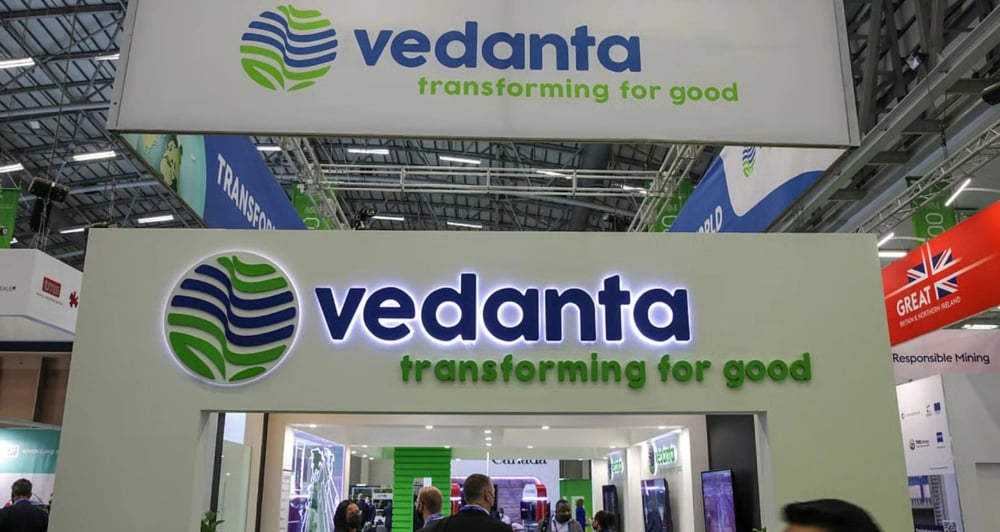

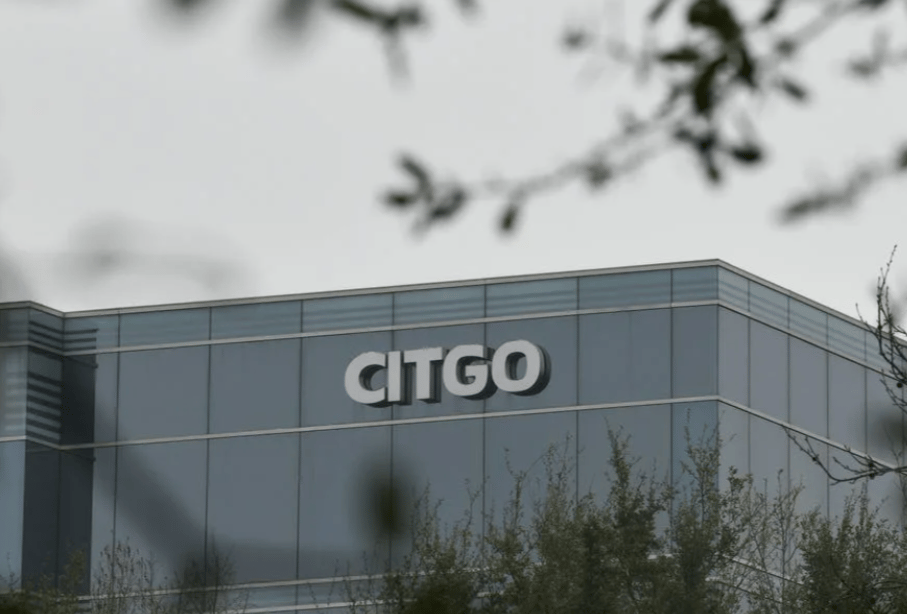
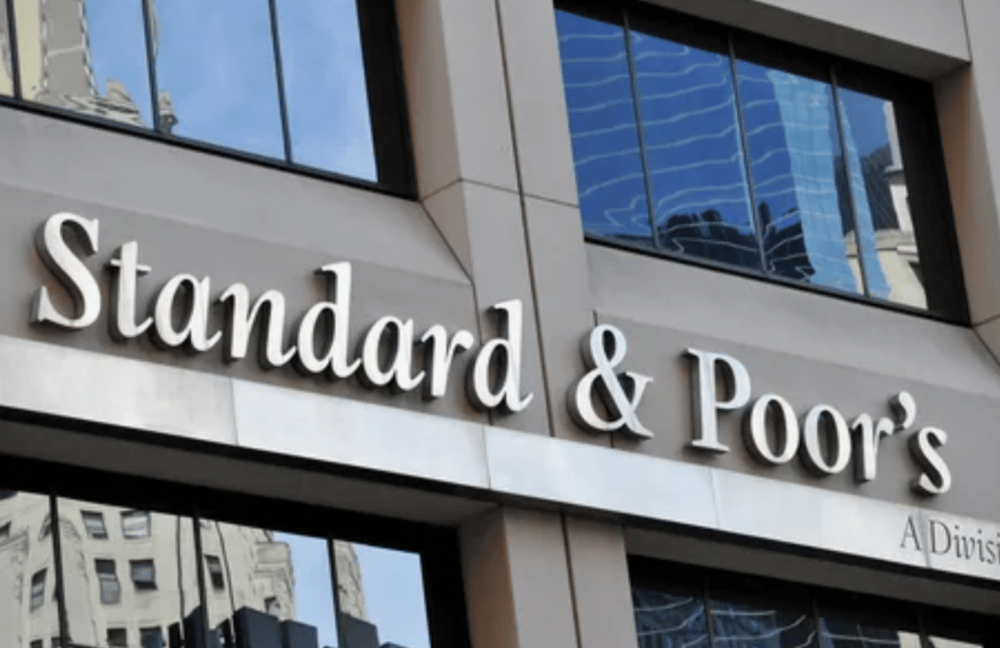
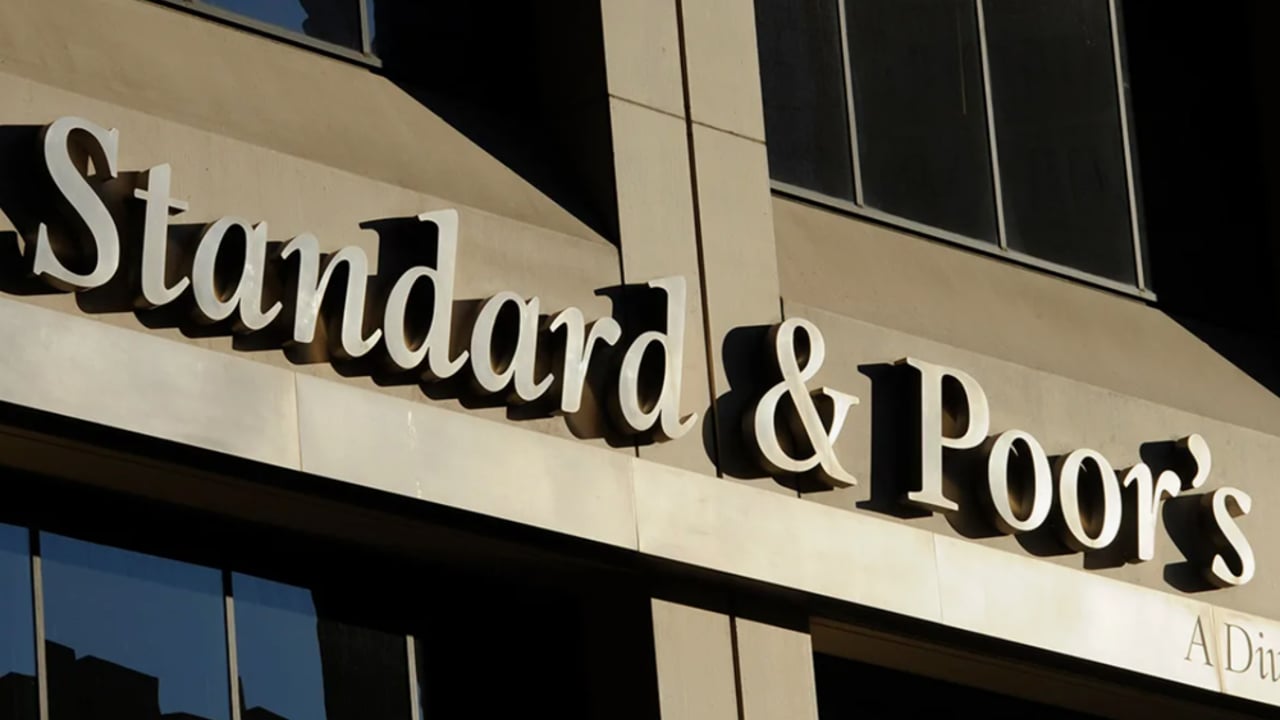
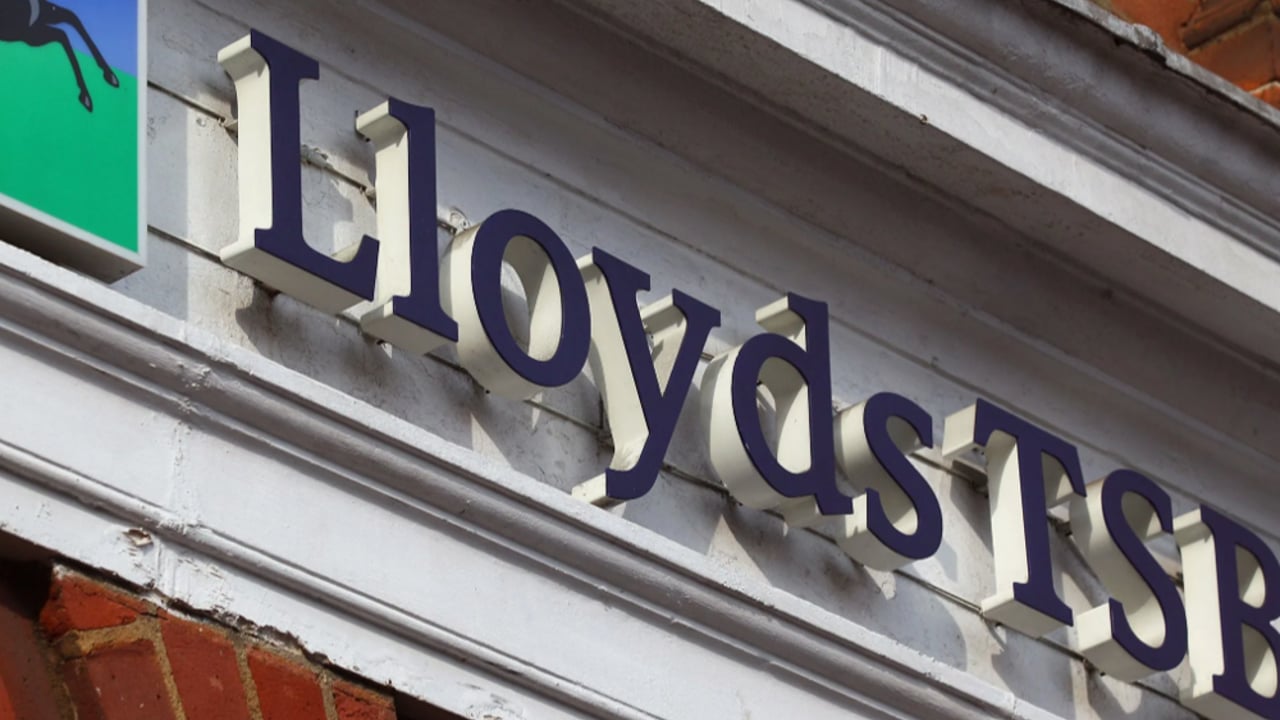
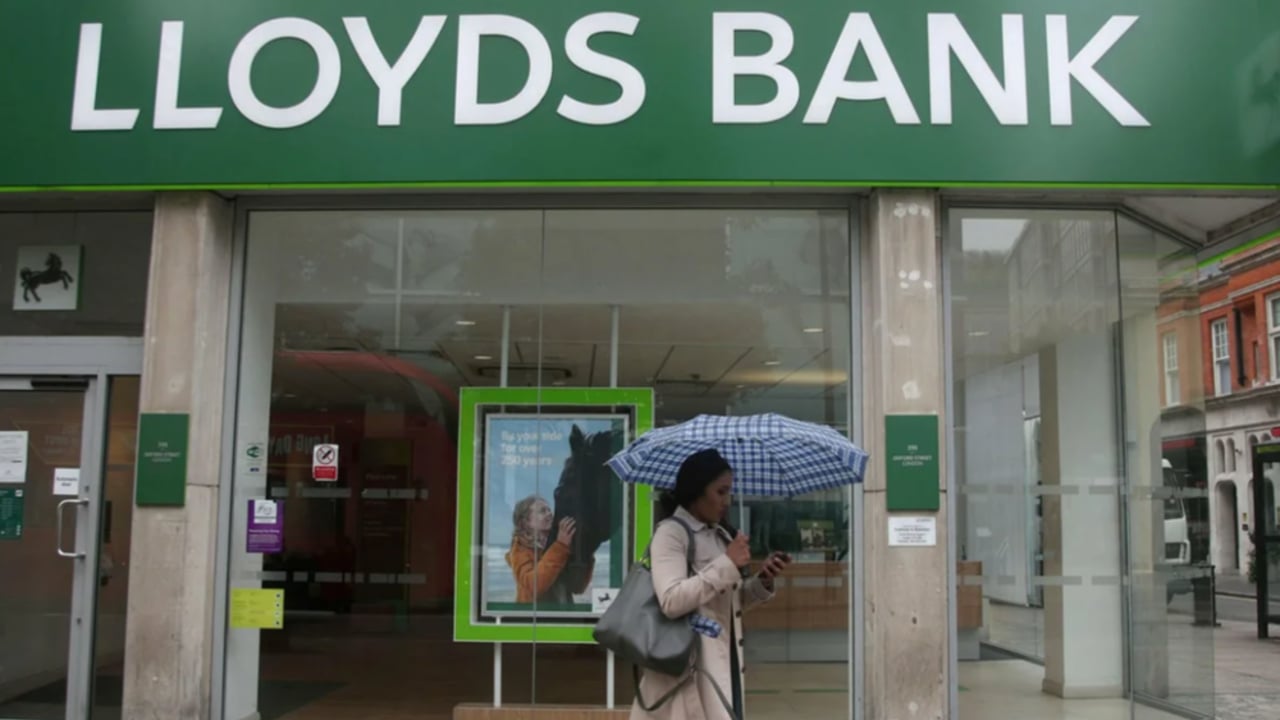
It's encouraging to hear about the UK's resilience amidst global uncertainties!
Such a move could alter how automation integrates into the swiftly changing tech ecosystem.